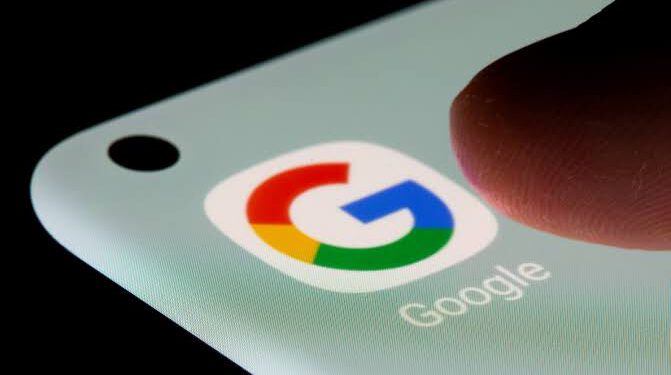“Googling” instead of “thinking” is a symptom of our tech-obsessed society, google is an important tool for learning in the 21st century whose impact is mostly felt in students. The increased use of google has emerged as a potential problem in young people that interferes with their change in mood, inability to control cognitive thinking and it also affects their self esteem.
According to the Encyclopedia Britannica, human intelligence is a “Mental quality that consists of the abilities to learn from experience, adapt to new situations, understand and handle abstract concepts, and use knowledge to manipulate one’s environment “. We can conclude this as one’s ability to learn, understand, and make judgments based on reason. The Google effect was first studied in 2011 by Betsy Sparrow, Jenny Liu and Daniel Wegner, three influential psychologists. Google effect also known as digital amnesia, is the tendency to forget information that is readily available through search engines like Google. We do not commit this information to our memory because we know that this information is easy to access. Suppose you are reading a novel and run across an unfamiliar word. You decide to Google the word to see it’s definition. A few days later , you run across that word again… but you can’t seem to remember what it means. This situation describes the Google effect because our brains don’t prioritize remembering the information that we will be able to access later.
Although,few individuals who are students like me might want to discuss this topic, as it is an issue that is relatable and not odd.
The Google effect suggests that the digital world is changing the way we think. We are less likely to digest or encrypt information, and instead, only remember that we can always “ Google it”. Google has become such an essential part of our daily lives that it was added as a verb to the Oxford English Dictionary in 2006. I mean how do we explain the fact that nothing comes to the head when you’re asked a question in class by the teacher ?
This was my position until my lecturer gave me an assignment to express what “Niyi Oshundare’s poem, The Village Voices” meant to me in 7 lines. I mean it was particularly a simple assignment because I had thought I will “Google it” not until it dawn on me that the answers I was looking for wasn’t on google. So I thought to myself, replying on Google has created an illusion that answers are always within my reach even when they are not. I know that Google naturally suggests ‘answers’ and ‘answers’ are stopping points for student but reverse was the case for me, because I spent a full day thinking of how to construct my words and put them down in sentences.
There has been a great deal of research that suggests that increasing dependence on the digital world has negative consequences. This includes reduced attention, increased anxiety, less confidence and low performance on cognitive tasks. The Google effect causes us to use the online world as a memory bank, believing that we will always have access to it. It creates the illusion This might be useful for general information or facts, but not useful when it comes to learning or for storing important personal information. It is hard to completely avoid using the google because many of our work and school responsibilities require us to look up information online.
Additionally, there is evidence that we do not evaluate the information we get online, which can be dangerous because a lot of information on the internet is inaccurate.
However, by being conscious of not relying on the internet, we may be able to remind ourselves that there are better ways to expand our knowledge.
The first thing we can do is look for other sources to gather information. This may be in the form of getting a book from the library or printing out a document instead of reading it online, taking hand written notes instead of just reading information and attending physical classes.
Egonatu Faith Onyinyechi,
Department of English Education, Lagos state university.
















